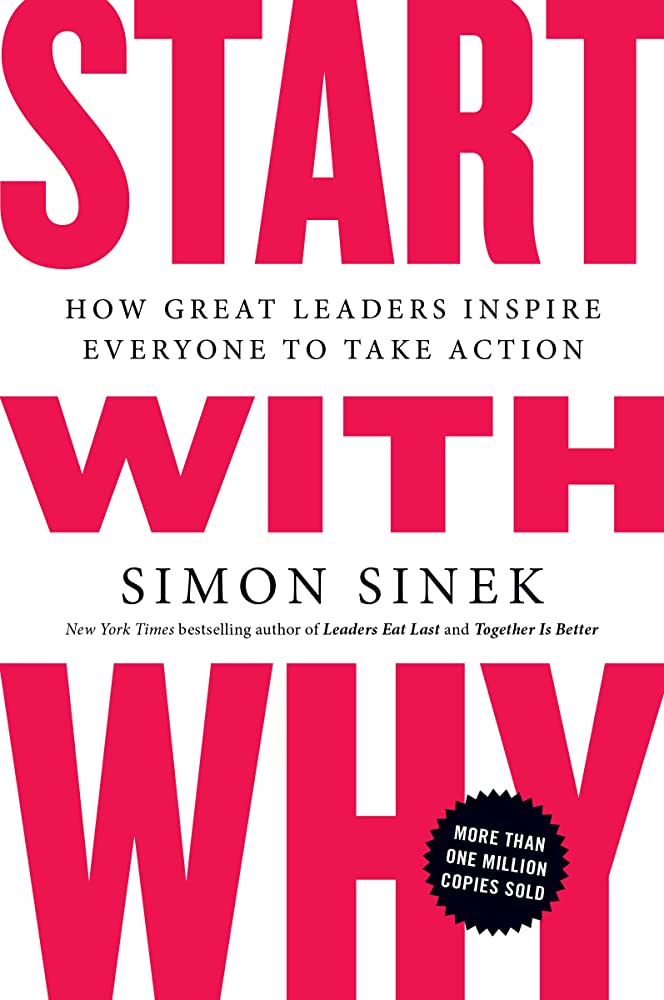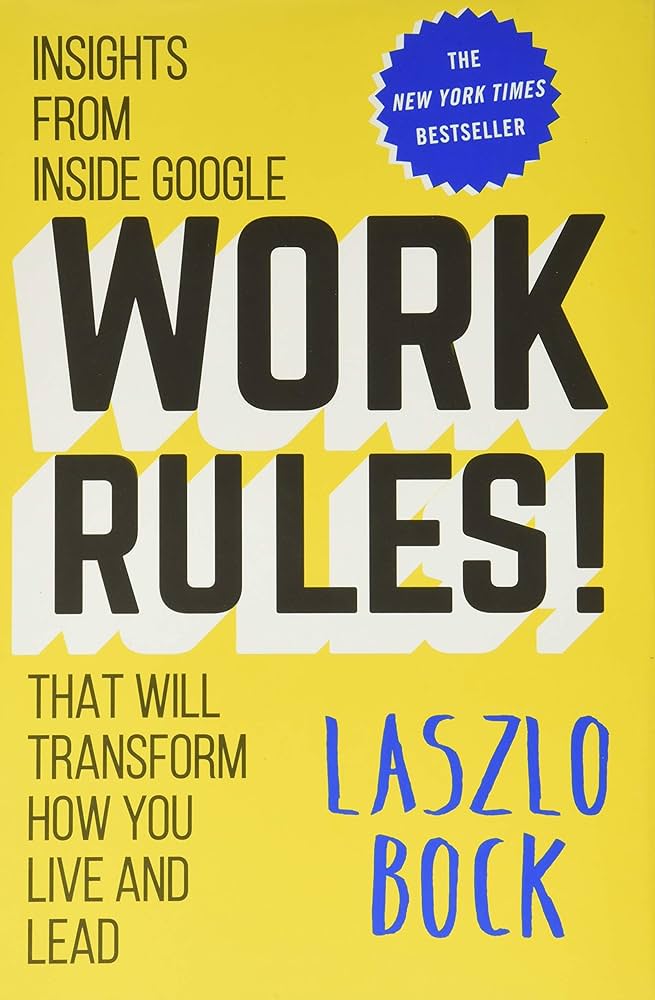The Agenda: What Every Business Must Do to Dominate the Decade
RATING


The Agenda is the latest book from Michael Hammer (previous works include Reengineering the Corporation). This book has three main areas of focus: know your customer; improve your processes; and extend your processes beyond your enterprise to cover the complete value chain. The author then expands on these areas in the following 9 points and chapters:
- Make yourself easy to do business with
- Add more value for your customers
- Obsess about your processes
- Turn creative work into process work
- Use measurement for improving
- Loosen up your organizational structure
- Sell through, not to, your distribution channels
- Push past your boundaries in pursuit of efficiency
- Lose your identity in an extended enterprise
This book is full of good examples for each of the author’s 9 points, providing a good introduction to readers who are new to the issues of processes and re-engineering. At the end of each chapter, the author gives a brief summary of recommended action steps based on key points. At the end, he suggests different strategies for integrating efforts, offering a “20/60/20” formula for managing different constituencies of people differently as well as practical advice for implementing the principles. The book is organized and an easy read without being abstract in theory.
Admittedly, the principles are sound but the book lacks detail on how to implement them. The book is also mostly focused on traditional industries as opposed to newer industries of today’s hi-tech world. The book would be better presented with illustrations to address some of the abstract concepts, as opposed to the long chapters of text.
In The Agenda, Michael Hammer shows companies how to prosper in today’s world of slow growth, fierce competition, and enormously powerful customers. The winners in this extraordinarily difficult environment—companies like IBM, Duke Power, Progressive Insurance, and GE—succeed through superior operations. Their costs are lower and their quality higher than their competitors’; they get new products to market faster and they provide better customer service. How do they do it? Through near-fanatical attention to the basics of business, and by managing these basics in new and creative ways.
The Agenda teaches the ideas and techniques that any company—large or small, service firm or manufacturer—can use to out-execute and out-innovate its competitors. Businesses that follow these principles will grow by taking market share away from those that do not. While others decline, your company can thrive. The Agenda will show you how.
This book is ideal for managers and executives interested in organizational change and process management. The author provides a useful framework of principles for re-engineering the corporation and focusing processes on providing value to your customer. For additional perspectives on this subject, see the Senteo review for Improving Customer Satisfaction, Loyalty and Profit.

Agenda focuses on processes for management to ensure consistent delivery and continuous improvement of performance. It contains a practical framework of principles. The book provides many examples for implementation but is shorter on detailed tactics. This book is based on ideas and techniques that are applicable to any company.
See content on this topic

Sales training for front line along with basic development and coaching principles for line management.
Understanding branding and communications from the standpoint of emotional engagement and building relevant and meaningful dialogue with customers.
This course covers a complete view of customer touch points (both physical and virtual) and a unique model for standardizing and managing customer contact models across channels including approaches for customer feedback, quality management, and migration.
Understand how the innovation process changes moving from functionality and channel design to a process focused on creating value for customers.
Experiential Branding & Communications – Improving Brand Integration Through Emotional Engagement.
This course covers a complete view of customer touch points (both physical and virtual) and a unique model for standardizing and managing customer contact models across channels.
Understanding how leaders must evolve with relation to the evolution of business models, new management models, and the significant changes to the workforce with Digital Natives now making up more than 50% of the workforce globally.
Understand how to manage both internal and external digital transformation while considering the landscape for digital business models and the effect on traditional business models. Understanding organizational readiness for transformation and the role of corporate culture in managing transformations.
The changes in consumer behavior, employee behavior, and the evolution of business models in the digital age cause significant difficulties and imperatives for leaders who must develop new skills and evolve their leadership styles to be effective in this fast changing, challenging, and competitive environment.
Understanding how to design & manage change/transformation programs in organizations of different sizes. This course will help any size team or organization to better deal with change & transformation on any scale.




 Copy Link
Copy Link
 E-mail
E-mail
 LinkedIn
LinkedIn
 Facebook
Facebook
 Telegram
Telegram
 WhatsApp
WhatsApp
















 Go Back
Go Back
Leave a Reply
You must be logged in to post a comment.